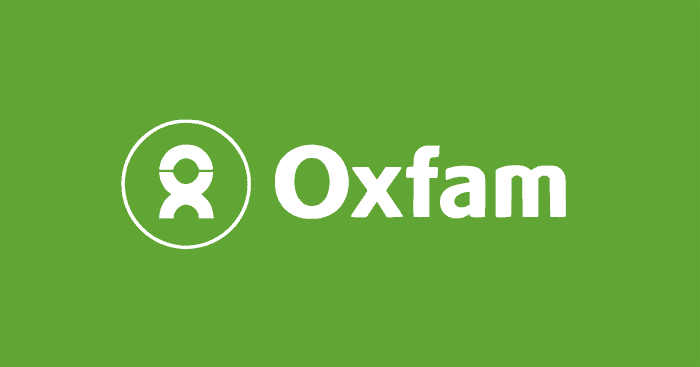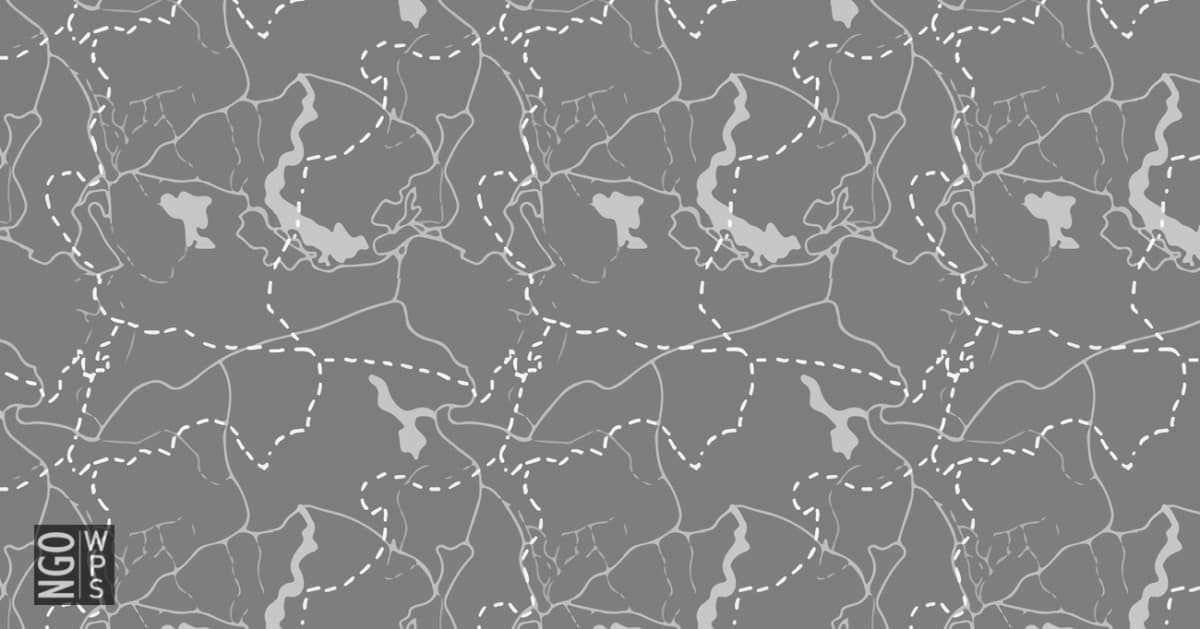Iraq
Iraq
Women are crucial allies to the efforts to eliminate extremism in Iraq. The Islamic State of Iraq and the Levant (ISIL) has contributed to a political landscape in Iraq historically characterized by sectarianism, ineffective judicial systems, high levels of government corruption, and high rates of violence against women, including sexual and gender-based violence. ISIL continues to use sexual and gender-based violence and rape as weapons of war— and targets women, particularly Yazidi women and other non-Shiite minorities, for sexual slavery among fighters.
Iraq acceded to the Convention on the Elimination of all Forms of Discrimination against Women (CEDAW) in 1986, launched the National Strategy on Combating Violence against Women in 2013, and launched its National Action Plan pursuant to Resolution 1325 in 2014. Iraq’s National Action Plan was the first launched in the Middle East. The Ministry of Women’s Affairs in Iraq has also developed a National Strategy for the Advancement of Iraqi Women, but due to the political climate it hasn’t been effectively implemented; similarly, laws banning forced and early marriages are rarely enforced.
Based on the work of NGOWG members and their partners, the NGOWG advocates for the Government of Iraq to clarify their shelter policies, in order to allow and support Iraqi NGOs in their efforts to operate shelters and provide much needed services to survivors of SGBV. Further, the NGOWG urges the Security Council to ensure that the United Nations Assistance Mission for Iraq (UNAMI) is regularly engaging with women’s organizations, and will continue to take concrete steps to support women’s participation in all peace and security processes.
Current and Past Recommendations to the UN Security Council (Monthly Action Points)
In its renewal of the mandate of the UN Assistance Mission in Iraq (UNAMI), the Council should maintain existing WPS language (S/RES/2470 (2019), PP, OP 2(e)) and further:
- Add a provision in UNAMI’s mandate which requires the mission to regularly and meaningfully consult with women’s civil society groups in all aspects of its work, particularly in supporting capacity-building of essential civil and social services, many of which are being carried out by frontline women’s civil society organizations.
- Add a provision in UNAMI’s mandate requesting gender-responsive monitoring and public reporting, as part of its human rights mandate, on the abuse and use of lethal force against Iraqi civilians protesting, and efforts to restrict and close civic space, including for women’s rights groups (AI, UNAMI, Al Jazeera, AP). Council members should also support calls of Iraqi CSOs to follow this up with an impartial and transparent mechanism to hold perpetrators accountable.
- Call on the Government to ensure its response to the COVID-19 pandemic is gender-responsive and grounded in evidence-based gender-sensitive analysis.
- Call on the Government to enforce the rule of law and immediately stop, but also prevent, the violence and use of excessive force, mass arrests and attacks by security forces against demonstrators and other civil society actors, such as journalists and human rights defenders, including under the pretext of emergency response to the COVID-19 pandemic.
- Call on the Government to urgently enact the Protection Against Domestic Violence law with a provision that ensures civil society engagement. This is especially important in the context of the rising rates of sexual and gender-based violence linked to confinement due to the COVID-19 pandemic (HRW, UNFPA, OHCHR, UNICEF, UN Women, CEDAW).
- Call on UNAMI to prioritize SGBV programming and response in its role mobilizing and coordinating funding in order to concretely advance survivor-centered approaches to SGBV, including supporting efforts to develop confidential mechanisms for reporting SGBV, advancing the urgently needed domestic violence legislation, and supporting the establishment of NGO-managed shelters for survivors.
- Call on the Government to prioritize its finalization and immediate endorsement of the second NAP on Resolution 1325 (2000), ensure that mechanisms for implementation have full financial and human resources, and that there are systematic consultations with women’s CSOs as part of monitoring efforts.
- Call for transparency in the status of the Commission for International Justice and Accountability (S/RES/2379 (2017)), and implementation of inclusive and gender-responsive transitional justice programs.
In its renewal of the mandate of the UN Assistance Mission in Iraq (UNAMI), the Council should maintain existing WPS language (S/RES/2470 (2019), PP, OP 2(e)) and further:
- Add a provision in UNAMI’s mandate which requires the mission to regularly and meaningfully consult with women’s civil society groups in all aspects of its work, particularly in supporting capacity-building of essential civil and social services, many of which are being carried out by frontline women’s civil society organizations.
- Add a provision in UNAMI’s mandate requesting gender-responsive monitoring and public reporting, as part of its human rights mandate, on the abuse and use of lethal force against Iraqi civilians protesting, and efforts to restrict and close civic space, including for women’s rights groups (AI, UNAMI, Al Jazeera, AP). Council members should also support calls of Iraqi CSOs to follow this up with an impartial and transparent mechanism to hold perpetrators accountable.
- Call on the Government to ensure its response to the COVID-19 pandemic is gender-responsive and grounded in evidence-based gender-sensitive analysis.
- Call on the Government to enforce the rule of law and immediately stop, but also prevent, the violence and use of excessive force, mass arrests and attacks by security forces against demonstrators and other civil society actors, such as journalists and human rights defenders, including under the pretext of emergency response to the COVID-19 pandemic.
- Call on the Government to urgently enact the Protection Against Domestic Violence law with a provision that ensures civil society engagement. This is especially important in the context of the rising rates of sexual and gender-based violence linked to confinement due to the COVID-19 pandemic (HRW, UNFPA, OHCHR, UNICEF, UN Women, CEDAW).
- Call on UNAMI to prioritize SGBV programming and response in its role mobilizing and coordinating funding in order to concretely advance survivor-centered approaches to SGBV, including supporting efforts to develop confidential mechanisms for reporting SGBV, advancing the urgently needed domestic violence legislation, and supporting the establishment of NGO-managed shelters for survivors.
- Call on the Government to prioritize its finalization and immediate endorsement of the second NAP on Resolution 1325 (2000), ensure that mechanisms for implementation have full financial and human resources, and that there are systematic consultations with women’s CSOs as part of monitoring efforts.
- Call for transparency in the status of the Commission for International Justice and Accountability (S/RES/2379 (2017)), and implementation of inclusive and gender-responsive transitional justice programs.
Relevant Resources












